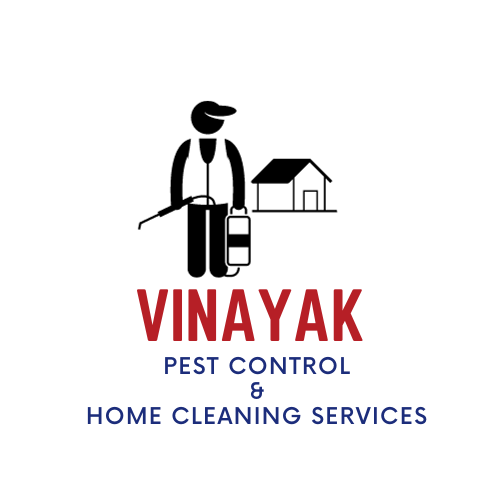Preventing termites is essential to protect your home and other wooden structures from potential damage. Termites can be silent and destructive, often causing extensive harm before their presence becomes evident. Here are some effective strategies to help you prevent termite infestations:
Regular Inspections: Conduct routine inspections of your home and property. Look for signs of termite activity, such as mud tubes (narrow, mud-like tunnels), discarded wings, or damaged wood. Early detection is key to preventing significant damage.
Professional Inspection: Schedule professional termite inspections at regular intervals, typically once a year. Pest control experts can identify termite activity even before it becomes visible to homeowners.
Reduce Moisture: Termites are attracted to moisture, so it’s crucial to control moisture levels in and around your home. Here’s how:
- Fix leaky pipes, faucets, and roof leaks promptly.
- Ensure proper drainage away from your home’s foundation.
- Use dehumidifiers in damp areas like basements and crawl spaces.
- Ventilate attics, basements, and crawl spaces to reduce humidity.
Remove Wood-to-Soil Contact: Termites can easily access your home if there’s direct contact between wood and soil. To prevent this:
- Elevate wooden structures, like decks and porches, using concrete or metal support posts.
- Ensure that wooden siding or trim is not in direct contact with the ground.
- Maintain a gap between wooden fences and the soil.
Termite-Resistant Building Materials: When constructing or renovating your home, consider using termite-resistant building materials such as treated lumber, concrete, or metal.
Regular Maintenance: Keep your property well-maintained by:
- Sealing cracks and gaps in your home’s foundation, walls, and roof.
- Repairing damaged or rotted wood promptly.
- Removing dead trees, tree stumps, and wood debris from your property as termites can use them as a food source.
Chemical Barriers: Consider using chemical termite barriers, which are applied to the soil around your home’s foundation. These barriers can deter termites from approaching your property. Consult with a pest control professional to determine the most suitable barrier for your needs.
Baiting Systems: Termite baiting systems are an alternative to chemical barriers. They use bait stations placed strategically around your property to attract termites away from your home. These systems can be effective in controlling termite populations.
Termite-Resistant Mulch: If you use mulch in your landscaping, consider using termite-resistant varieties like cypress, cedar, or pine-heartwood. Avoid placing mulch directly against your home’s foundation.
Educate Yourself: Knowledge is a powerful tool in termite prevention. Learn about the types of termites common in your area, their behavior, and signs of infestations so you can act quickly if needed.
Professional Pest Control: When in doubt or if you suspect termite activity, consult with a licensed pest control professional. They have the expertise and tools to assess your property’s risk and provide appropriate treatments.
Remember that preventing termites is an ongoing process. Regular maintenance, inspections, and preventive measures are key to keeping these destructive pests at bay and protecting your home and investments from potential damage.
